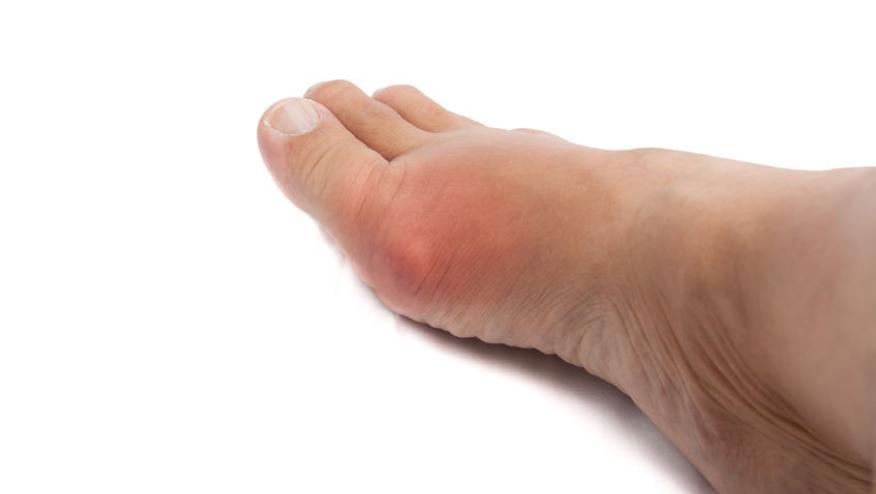It's the Genes, Not the Diet that Raises Urate Save

Researchers from New Zealand find that in contrast with genetic contributions, diet explains very little variation in serum urate levels in the general population.
A total of 16,760 adults of European ancestry from the US were included in analyses. They were without kidney disease or gout, and not taking urate lowering or diuretic drugs. All were assessed for serum urate, dietary survey data, potential confounders (sex, age, body mass index, average daily calorie intake, years of education, exercise levels, smoking status, and menopausal status), and genome wide genotypes.
The main outcome measures were average serum urate levels and variance in serum urate levels.
They found that seven foods were associated with raised serum urate levels: beer, liquor, wine, potato, poultry, soft drinks, and meat (beef, pork, or lamb).
Eight foods were associated with reduced serum urate levels: eggs, peanuts, cold cereal, skim milk, cheese, brown bread, margarine, and non-citrus fruits.
Three diet scores, constructed on the basis of healthy diet guidelines, were inversely associated with serum urate levels.
Overall, diet explained ≤0.3% of variance in serum urate levels.
By comparison, 23.9% of variance in serum urate levels was explained by common, genome wide single nucleotide variations.










If you are a health practitioner, you may Login/Register to comment.
Due to the nature of these comment forums, only health practitioners are allowed to comment at this time.